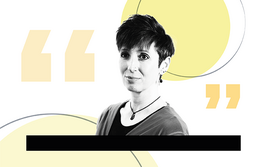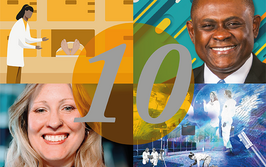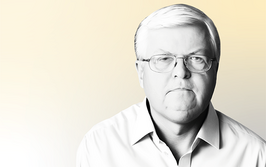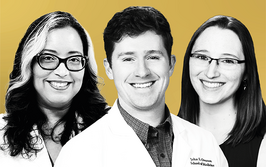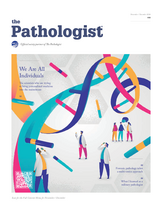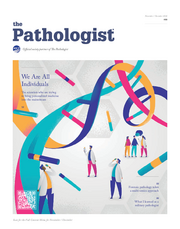ECP 2024
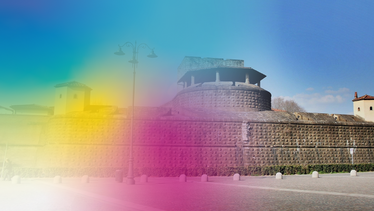
Welcome to ECP 2024!
The 36th European Congress of Pathology takes place in the beautiful Italian city of Florence. Where better than the home of Renaissance art to inspire a meeting of image-driven scientists? Once you’re done marveling at the 16th century fortress housing this year’s event, we’re sure you’ll be blown away by the packed agenda.
Here at The Pathologist, our diaries are filled with a variety of talks and events – but what are you most excited about? Are you looking to practice your networking, peruse the latest tech, or further your professional development? Let us know your plans!
Must Sees
Sunday
08:30–12:00 (Spadolini 2) – The promise of computational pathology
ECP’s computational symposium spans the whole of Sunday, over three sessions. The first of these – chaired by friend of The Pathologist Darren Treanor – promises something for everyone with even a passing interest in the digitization of pathology. With six talks covering AI case studies for particular diseases, virtual slide staining, and a pros and cons overview, this promises to be a morning well spent.
12:15–13:00 (Cavaniglia) – Keynote lecture: Integrated diagnostics and modern pathology
This keynote talk will be delivered by Manuel Salto-Tellez, a seasoned presenter whose insights are always well expressed and highly valued. Here’s what Salto-Tellez had to say about the importance of molecular pathology in a podcast for The Pathologist.
Monday
12:15–13:00 (Cavaniglia) – Keynote lecture: Diagnosis and experimental biology of cancer of unknown primary
Anna Sapino of the University of Torino, Italy, will share her expertise of the latest methods for finding the origin of the unknown primary. The Pathologist presented one of these methods in highly accessible series recently, with the help of Methylation Man.
14:45–16:45 (Spadolini 5) – Advances in new technologies
As part of the Molecular Pathology Diagnostics Symposium – included in your registration – this six-talk session will bring you up to date with advancements in next-generation sequencing, liquid biopsy, and whole-genome sequencing. But will WGS ever enter mainstream diagnostics, and what are the barriers to that? Here’s what Revvity’s Madhuri Hegde had to say on the topic in The Pathologist.
Tuesday
14:45–16:45 (Spadolini 2) – Head and neck: A basket of surprising cases
This focused slide seminar will present eight cases over two hours. It is co-chaired by Power Lister Cécile Badoual, whose work on HPV-related cancers has found international renown. Of pathologists, she says, “We are part of a care team and must be innovative with multidisciplinary approaches.”
17:30–19:30 (Spadolini 4) – Debating the pros and cons of AI
Not everyone in laboratory medicine science is a fan of AI, but will the arguments presented in this session be powerful enough to change opinions…? Debate 1 asks whether we are ready for AI in practice, while debate 2 questions the need for interpretability and explainability. Pre- and post-debate surveys will determine the most convincing arguments.
Wednesday
08:30–12:00 (Spadolini 7) – Colors, frames and pixels: what stories has pathology to narrate?
Let the artistic influence of Florence wash over you and transport you into a visual world where patterns and colors tell the stories of the patients behind the samples. This special symposium, aimed at trainees, will explore the lighter – and more colorful – side of pathology. If you like the sound of this, check out Pathology Captures, The Pathologist’s art collection.
14:00–16:00 (Spadolini 4) – Is digital pathology going to save us?
This joint special session of the ESP and national societies reviews the current progress of digitalization in Europe before zooming in on some case studies of digital pathology in labs from different member countries. The interactive session ends with a discussion and Q&A.
If you would like to hear some more success stories, The Pathologist featured its own series of digital pathology case studies earlier this year.

